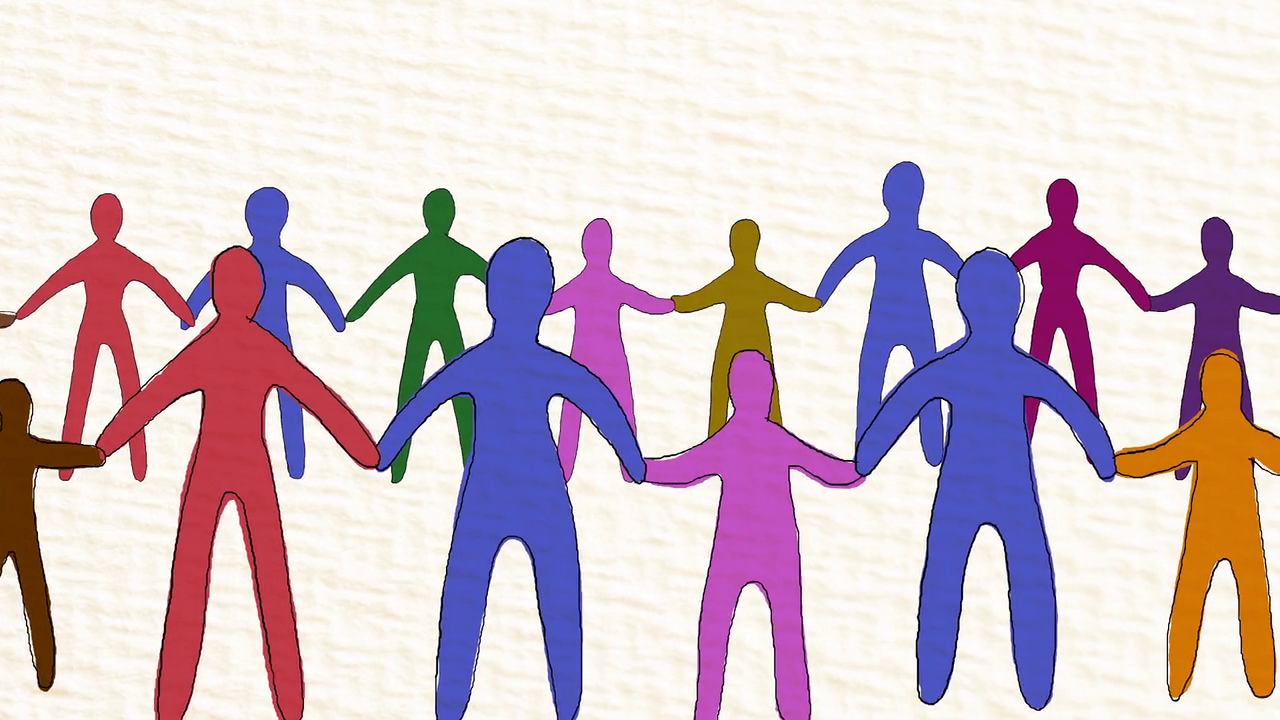News reports have heightened public awareness of inequality, yet few people understand how inequality decreases their own well-being and happiness.
Buddhist economics show us how inequality everyone’s well-being. People feel worse off as inequality grows—families compare their economic well-being to those at the top whose incomes are growing, and they see their lifestyle falling behind in comparison. Then economic insecurity replaces what had been considered a comfortable lifestyle, and middle class and working families feel left behind. Meanwhile the rich spend their higher incomes on status goods to mark their position. In the United States, income from economic growth has been captured by the top 1% for the past several decades. The top 1 percent enjoyed 95 percent of the country’s income growth in the recovery following the Great Recession. A more equal distribution of income would improve social welfare, as invidious comparisons are replaced by communal feelings of belonging and status consumption of the rich is replaced by basic consumption of families in need.
No longer does the free market maxim hold that economic growth is a “rising tide that lifts all ships”—now economic growth gives us more inequality that reduces well-being and happiness for most people.
The decline in U.S. well-being goes deep. Today, U.S. indicators of mortality, life expectancy, childhood poverty, incarceration, and general health put the United States at or near the bottom among high-income countries, although as recently as 1980, when income inequality was not so stark, the United States was closer to the top.
These findings reinforce the Buddhist economics’ goal that all families have adequate income to buy basics, (food, housing, transportation, along with access to adequate health care, education, and social networks). Then the economy allows people to achieve their full potential in a sustainable world. Buddhist economics incorporates the policies that reduce inequality and provide a strong safety net to create an equitable, sustainable economy that provides a meaningful, comfortable life for everyone.
Within a country, the distribution of income does matter: our quality of life and well-being improves with our income. We should be grateful when we are in the top 20% of the income distribution, and realize that our well-being reflects our higher income, even as the growing inequality reduces our life satisfaction. Let us reflect on how the well-being of people across the U.S. is harmed by the enormous inequality, and push our state and national lawmakers to create an economy that creates a high quality of life in a sustainable world for all. Then everyone can be happy!
- References
Anthony Atkinson, ThomasPiketty, and Emmanuel Saez, “Top Incomes in the Long Run
of History,” Journal of Economic Literature 49 (1), 2011, 3–71. - Robert H. Frank, Luxury Fever: Weighing the Cost of Excess (Princeton: Princeton University Press, 2010).
- Joseph Stiglitz, The Price of Inequality (Norton, 2012).
- Richard Wilkinson and Kate Pickett, The Spirit Level: Why Greater Equality Makes Societies Stronger (New York: Bloomsbury, 2009). Well-being is measured precisely with a quality of life indicator that incorporates measure of health, education, and social problems.
http://w ww.pewglobal.org/2013/05/23/chapter-3-inequality-and-economic-mobility/
